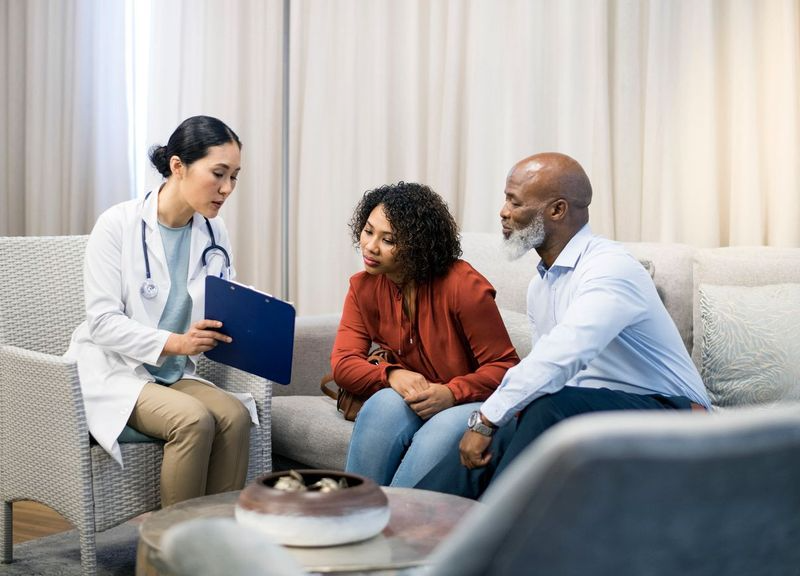Questions to Ask Your Doctor
Men who are diagnosed with prostate cancer today have many options available to them. Here are a few questions to help guide conversations with your treatment team.
Your Cancer
- What is my PSA level? If the test has been repeated over time, how fast has it risen, and what does this mean for me?
- What is my prostate cancer Grade Group/risk group? What does this mean in terms of our approach to my treatment?
- Has my cancer spread beyond the prostate? Can it be cured?
- Are there additional tests I need to have to gain a more precise understanding of the stage and aggressiveness of my cancer and which may affect subsequent treatment decisions?
- How likely is my cancer to come back based on what you know today?
Your Treatment Options
- Can I avoid treatment at this time and be monitored under active surveillance? How does it work?
- What treatment options exist for my cancer? Which treatment do you think is better for me?
- What would be the benefit of getting a second opinion in terms of treatment options?
- When will I see a radiation oncologist and/or medical oncologist to understand all my options? If I speak to other specialists for second opinions before making a final decision on my plan of action, how do we coordinate it?
- What will my pre/post-treatment rehabilitation plan look like?
- Should I join a clinical trial?
Side Effects
- What side effects can I expect from the treatments available to me? To what extent should I worry about impotence, urine leakage, or bowel problems, and are the risks different with different treatments?
- How do my baseline urinary, sexual, or bowel function affect my treatment decisions, if at all?
- What is the effect of the treatments on my fertility? Should I consider sperm banking or other measures before I undergo any treatments?
Other Considerations
- How can I improve the success of my therapy? Are there dietary changes I need to make? What about exercise?
- What can my family learn from my diagnosis? Do they have a higher chance of being diagnosed with cancer, as well?
Remember, you want to be a partner in your own care. The more informed and proactive you are, the better.




